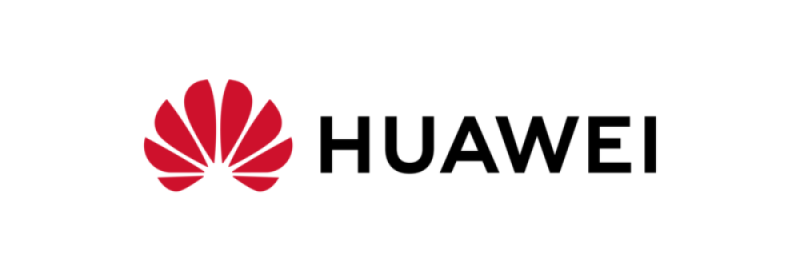
Huawei is set to introduce its proprietary operating system, HarmonyOS Next, in September 2024, according to recent speculations. This cutting-edge OS, rooted in the Hongmeng kernel alongside system applications, will mark a departure from dependency on the Android Open Source Project (AOSP) from Google. With this transition, Android applications will no longer function on Huawei devices, indicating a significant change for users. Nevertheless, Huawei has proactively worked to mitigate this by confirming earlier in the year the readiness of approximately 4,000 HarmonyOS-compatible apps for deployment.
A revelation from Digital Chat Station on Weibo sheds light on Huawei's meticulous plans for the HarmonyOS Next launch. The insider information suggests an official internal plan to unveil the OS in September, with a lineup that includes a variety of devices - from high-end to mid-range smartphones, tablets, and smartwatches, all slated for a simultaneous launch. The Huawei Mate 70 series, expected to hit the market in September as well, is anticipated to be among the first to run the new operating system.
Last year, Huawei teased the HarmonyOS Next through a YouTube video, showcasing an interface that, while bearing similarities to Android, offers distinct differences in app organization, widgets, and the designs of the notification bar and control center, staying true to the HarmonyOS aesthetic.
The transition to HarmonyOS Next might pose challenges for Huawei's user base, especially due to the incompatibility with Android applications, affecting both apps from the Google Play Store and third-party sources in APK format. However, the new OS is expected to introduce its native HAP app format to counter this issue.
Gizmochina's reports indicate Huawei's ambitious goal to feature 5,000 apps in its storefront by the initial rollout phase of the new OS, with long-term aspirations of expanding the app count to half a million, showcasing the company's commitment to providing a robust ecosystem for its users.


